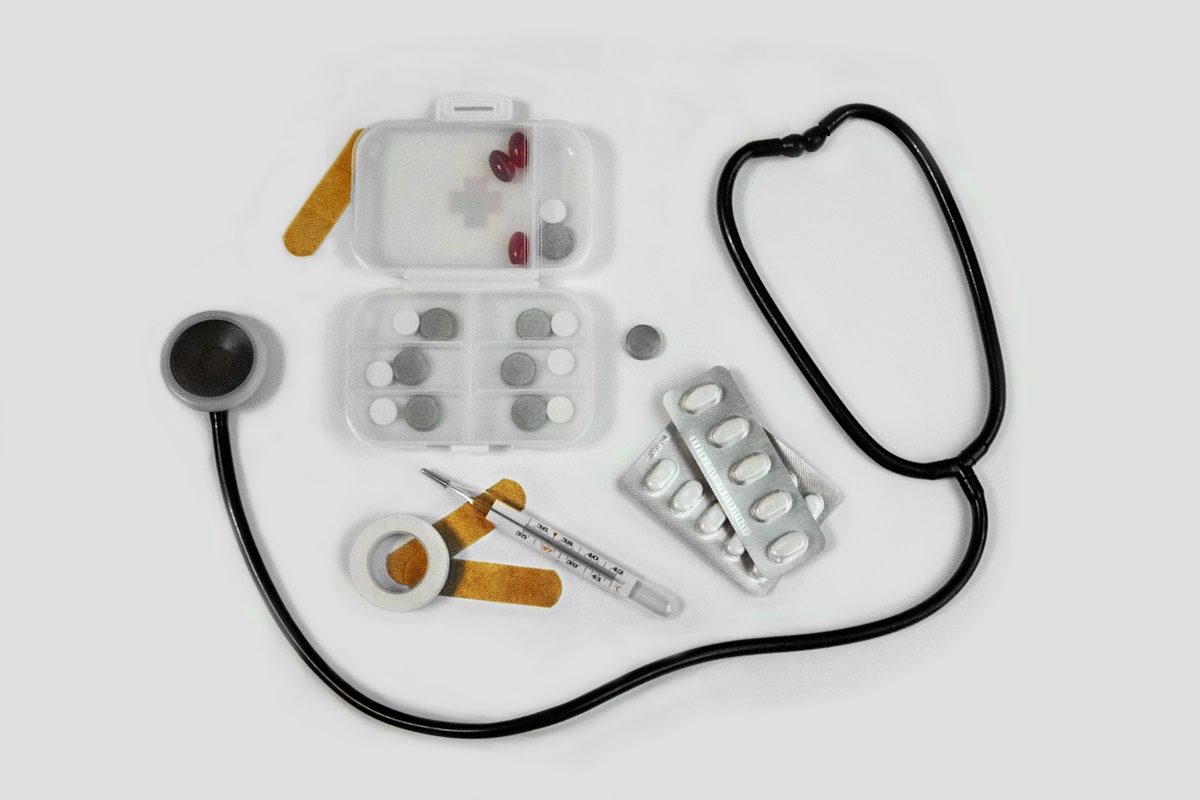
Amid the challenges posed by the current economic climate, individuals saving for retirement are feeling the squeeze on multiple fronts. The world is grappling with a variety of disruptions, including stubbornly elevated inflation, market volatility, and rising interest rates. These factors are impacting various sectors of the global economy and retirement portfolios alike.
In times like these, it might be beneficial for those approaching or in retirement to consider sectors that have the potential to thrive regardless of the economic climate. The healthcare sector is one such area. Companies in this sector could offer stability to a retirement portfolio during crises.
The following healthcare stocks are particularly appealing for a retirement portfolio as they offer investors a defensive hedge in uncertain times. These companies stand out due to their solid fundamentals, innovative treatments, a robust pipeline, reliable dividends, and their ability to weather economic shocks better than other segments of the economy.
U.K. drugmaker AstraZeneca AZN sells branded drugs across several major therapeutic classes, including gastrointestinal, diabetes, cardiovascular, respiratory, cancer, immunology and rare diseases. The firm generates the bulk of sales from international markets while the U.S. makes up close to one third of its revenue.
AstraZeneca’s dominance in the pharma and biotech industry are built on patent-protected drugs and a developing pipeline. “Astra's patent-protected drugs carry strong pricing power, which enables the firm to generate returns on invested capital in excess of its cost of capital,” says a Morningstar equity report.
A bouquet of patent-protected drugs allows the drugmaker enough time to develop the next generation of drugs before generic competition arrives.
“AstraZeneca's pipeline is emerging as one of the strongest in the drug group, and the company is developing several key products that hold blockbuster potential,” says Morningstar equity analyst Damien Conover, referring in particular to the company's highly effective cancer drugs that carry strong pricing power.
In addition, the pharma major has been making strategic acquisitions, buying stakes, or forging joint ventures to expand its reach to the critical illness market with a range of treatments for different types of cancers.
The firm’s wide economic moat is underpinned by patents, economies of scale, and a powerful distribution network, notes Conover, who recently raised the stock’s fair value to US$78 from US$74, prompted by increased expectations for several pipeline drugs, including cancer treatments and rare disease drugs.
One of the largest pharma companies by sale, GSK plc GSK has a formidable presence across therapeutic classes, including respiratory, cancer, and antiviral, as well as vaccines. GSK has taken the joint venture route to expand its presence to the HIV market.
GSK uses its vast resources to continue to develop new medicines and vaccines. “The company's innovative new product lineup and expansive list of patent-protected drugs create a wide economic moat,” says a Morningstar equity report.
GSK’s rich and diverse product portfolio insulates the company from susceptibility arising out of problems with any single product.
“The company has developed next-generation drugs in respiratory and HIV areas that should help mitigate both branded and generic competition,” says Conover, who forecasts GSK would be a major player in respiratory, HIV, and vaccines over the next decade.
Furthermore, GSK has pivoted from small iterations towards true innovation in developing new drugs. It is focused on leveraging genetic data to help develop the next generation of oncology and immune system drugs.
“The benefits of these strategies are showing up in GSK's early-stage drugs,” says Conover, who recently bumped up the stock’s fair value to US$54 from US$50.
GSK is also increasing its geographic footprint by branching out into emerging markets. While the strategy may create some challenges, “the fast-growing emerging markets will help support long-term growth and diversify cash flows beyond developed markets,” Conover argues.
Biotech behemoth Gilead Sciences GILD develops therapies to treat life-threatening infectious diseases, with main focus on HIV and hepatitis B and C. Recent acquisitions have expanded its exposure to pulmonary and cardiovascular diseases and cancer, as well as cell therapy and noncell therapy in oncology.
The drugmaker boasts impressive profit margins achieved through its HIV (a US$17 billion franchise) and hepatitis C virus (HCV) portfolio, thanks to the efficiency of a small salesforce and cost-effective manufacturing.
Gilead’s portfolio and pipeline underpin its wide moat. “Patent protection on newer HIV regimens and Gilead's continued dominance in the hepatitis C market will be enough to ensure strong returns for the next couple of decades,” says a Morningstar equity report.
The firm’s expertise in infectious diseases and single-pill formulations create one of the strongest intangible assets supporting the firm's wide moat, the report adds.
As well, the company's HIV and HCV businesses generate stellar cash flows. Gilead held roughly US$8 billion in cash and marketable securities and US$25 billion in debt at the end of 2022. While HCV sales are in a decline, “we expect Gilead will continue to generate more than US$8 billion in free cash flow annually,” says Morningstar equity analyst Karen Andersen, who puts the stock’s fair value at US$97.
Patent protection on newer HIV regimens and continued dominance in the hepatitis C market will be enough to ensure Gilead's strong returns for the next couple of decades, she contends.







:quality(80)/cloudfront-us-east-1.images.arcpublishing.com/morningstar/FGC25JIKZ5EATCXF265D56SZTE.jpg)














